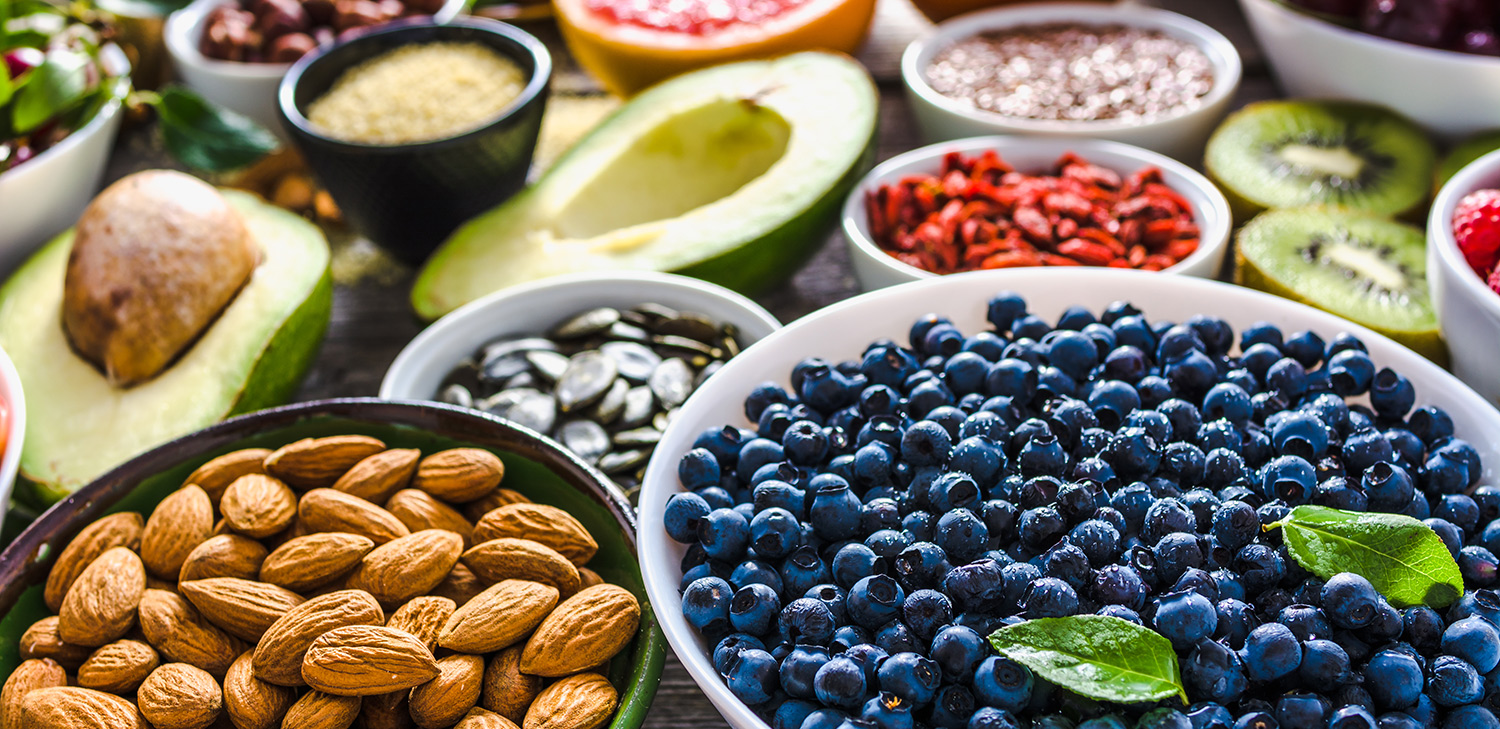
Dietitian Nutritionist In Atlanta, GA
Achieving optimal health starts with understanding the unique nutritional needs of your body. At Progressive Medical Center in Atlanta, GA, our registered dietitian nutritionists are dedicated to creating personalized nutrition plans that empower you to feel your best every day.
Medical Nutrition Therapy
The foods you eat greatly affect your metabolism, energy levels, gut health, and overall feeling of health and wellness. Everyone has different fuel requirements based on body composition, age, height, weight, activity level, and overall health. At Progressive Medical Center, we provide nutrition counseling to fit your specific needs and help you achieve optimal health.

What We Do
Our job is to find the correct combination of foods that will make you look and feel your best.
Depending on the physician’s diagnosis, we will tackle numerous nutritional issues including specific eating plans, food allergies or food sensitivities, weight management, and analysis of vitamins and minerals. Practicing proper dietary habits will allow us to work together in your quest for better health.
Logging Your Food Intake
In order to assist you in achieving your health and nutrition goals, we need to know your current eating patterns.
Please create and keep a food diary in a notebook for 2 weeks prior to your nutrition consultation. For best results, and to assist the dietitian in designing the best plan for you, please follow these tips and guidelines to keep accurate records of your food intake, and try not to alter your “normal” eating patterns during these days.
- As soon as possible after eating, use a notebook to record everything you ate.
- Be as specific as possible when logging food intake.
- Provide as much information as possible when describing your food items. Use additional paper or the back of the food diary pages in your notebook if you need more space. Brand names, information from the nutritional label, and ingredients will be very helpful (especially when describing things like specialty items, products from health food stores, ethnic foods, homemade foods, and restaurant items).
Basic Nutrition Guidelines
It’s important to provide as much specific information as possible about the foods you eat, how they are prepared, and the portions consumed.
Use the following guidelines to record your meals and snacks effectively:
Use precise measurements when logging your food intake, such as cups, teaspoons, tablespoons, or ounces. Avoid vague descriptions like “a bowl of cereal” or “a handful of chips.” For reference, 3 ounces of meat (beef, fish, poultry, etc.) is about the size of the palm of an average hand. Similarly, 1 cup is roughly equivalent to the size of a closed fist, while a tablespoon is about the size of your thumb tip. You can purchase a small, inexpensive food scale to help you measure portion sizes.
Describe how your food is prepared in detail. Was it baked, grilled, fried, steamed, roasted, or boiled? Note any added oils, butter, marinades, or sauces used during preparation. Additionally, indicate if the food was fresh, frozen, canned, or prepackaged. These details help us assess the nutritional impact of different cooking methods and ingredients.
If you eat canned or packaged foods, specify how they were prepared or stored. For example, was the canned food packed in oil, water, light syrup, or heavy syrup? For prepackaged items, include the brand name and any relevant nutritional information from the label. Mention if the food required additional preparation, such as adding milk to instant oatmeal or microwaving a frozen meal.
Include the types and amounts of condiments or extras added to your meals. These might include ketchup, mustard, mayonnaise, cream, salad dressings, sauces, butter, margarine, sour cream, salsa, or sugar. Be specific about quantities, as even small amounts can significantly impact overall nutrition.
Dairy and bread products can vary widely in nutritional content, so provide detailed descriptions. For dairy, specify whether it was fat-free, low-fat, 2%, whole, or plant-based (e.g., almond or soy milk). For bread products, include details like whole wheat, white, multigrain, or specialty varieties such as raisin or sourdough. If you consume yogurt, note whether it was plain, flavored, or contained added sugars or fruit.
When documenting snacks, be as specific as possible. Record the type (e.g., raw almonds, pretzels, granola bars) and the exact quantity consumed (e.g., 1 ounce, 10 chips). Include any dips or accompaniments, such as hummus, peanut butter, or ranch dressing, along with portion sizes.
Dietitian Nutritionist Atlanta: Take the First Step to Better Health
Understanding your unique nutritional needs is key to feeling your best. Our team is here to help you create a plan that fits your lifestyle and goals. Schedule a consultation with a registered dietitian nutritionist today and let’s work together to improve your health and wellness.
